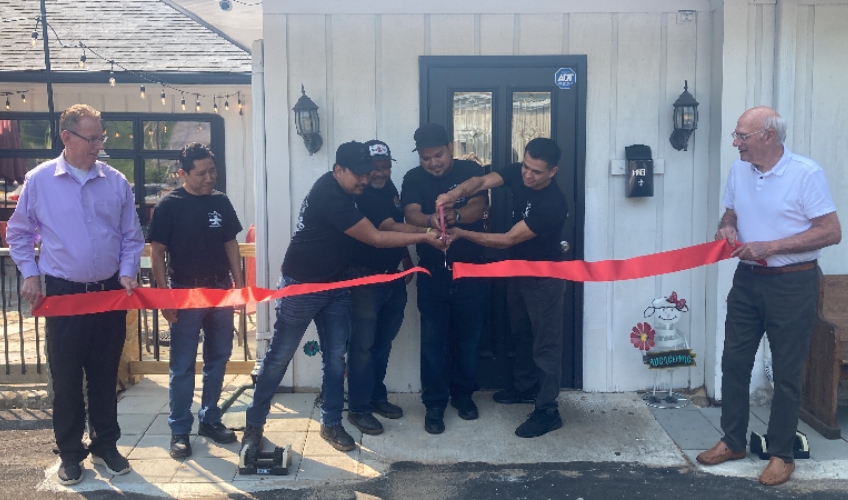Steps you can take to delay dementia
Published 8:17 pm Monday, October 26, 2015
Dementia and particularly Alzheimer’s disease continue to strike fear in the hearts of our aging population. In fact, early onset Alzheimer’s disease, while less common than older-age related dementias, is being discovered in people as young as age 40 – that’s middle age!
While it remains true that there is no cure for Alzheimer’s disease, and no way to prevent it, there is some encouraging news that can enhance your life and possibly delay the onset of cognitive decline as you age. The first bit of good news is that scientists have found that the brain is capable of adding new neurons – brain cells – and forming new pathways and connections among and between other neurons, even later in life.
Our ability to open to brain pathways is dependent upon what is called our “cognitive reserve.” This is our extra, perhaps unused, amount of cognitive ability that can make up for the loss of brain functioning. How is cognitive reserve formed or created? Previously, most current answers to that question were that genetics, early childhood stimulation and education level typically influenced cognitive reserve but were essentially set and unchangeable once you’re reached adulthood.
Newer studies have found that you may be able to increase your cognitive reserve and delay the onset of dementia through a variety of intellectually stimulating leisure activities in middle and later life. This means that while an aging brain may have signs of damage, it may compensate, at least initially, by engaging in mentally stimulating activities like reading, taking a class or playing board games.
The ability to delay the onset of dementia is not yet overwhelmingly significant. As reported in the journal Neurology, in a study of 101 people who eventually developed dementia, those who frequently participated in one or more activities, such as reading, writing, doing crossword puzzles, playing card or board games, having group discussions or playing music experienced memory decline more than one year later than those who participated in these activities less often. These pursuits built cognitive reserve and delayed dementia as much as did a higher education level.
Some people say, “I watch Jeopardy and Wheel of Fortune on TV, so I’m using my brain, right?” Not really. Researchers have discovered that watching television is a passive activity that doesn’t stimulate the mind at all. To the contrary, watching television is associated with an increased risk of cognitive decline. One study found that TV watchers were 10 percent more likely than non-watchers to experience cognitive impairments over a five-year period because time spent in front of the TV means less time for the mental, social and physical activities that may help delay dementia.
With no cure on the horizon, it’s good to know that there are steps we can take, at any point in our lives – the earlier the better – to both enhance our lives and possibly build up our cognitive reserves to at least hold off some of the ravages of dementias later in life.
Ron Kauffman is a consultant and expert speaker on issues of aging, Medicare and Obamacare. Ron is the author of Caring for a Loved One with Alzheimer’s Disease, available as a Kindle book on Amazon.com. His podcasts can be heard weekly at www.seniorlifestyles.net. Contact Ron at 828-696-9799 or by email at drron561@gmail.com.





